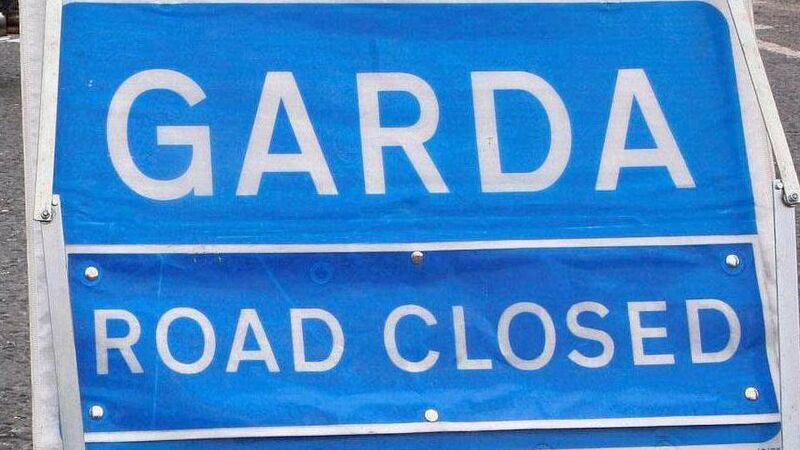Changes to driving test could stop road deaths 'disaster', says RSA chair

Some 35% of deaths on the roads this year have involved people aged between 3 and 25, while half of deaths have been aged 35 or under.
The chair of the Road Safety Authority (RSA) has said that average speed cameras, major changes to the driving test, and investment from Government are needed to prevent the continued rise in road deaths.
Four people lost their lives in three separate collisions on Irish roads this week, bringing the number of fatalities to 165 as of Wednesday morning — higher than the overall total road deaths for 2022.










